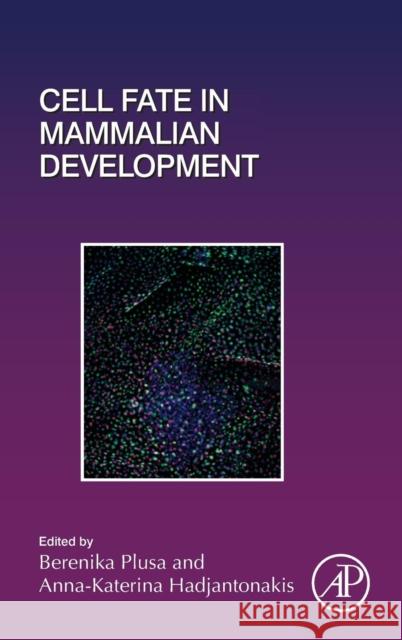Cell Fate in Mammalian Development: Volume 128 » książka
topmenu
Cell Fate in Mammalian Development: Volume 128
ISBN-13: 9780128042526 / Angielski / Twarda / 2018 / 347 str.
Kategorie:
Kategorie BISAC:
Wydawca:
Academic Press
Seria wydawnicza:
Język:
Angielski
ISBN-13:
9780128042526
Rok wydania:
2018
Numer serii:
000050961
Ilość stron:
347
Waga:
0.70 kg
Wymiary:
22.91 x 15.19 x 2.39
Oprawa:
Twarda
Wolumenów:
01











